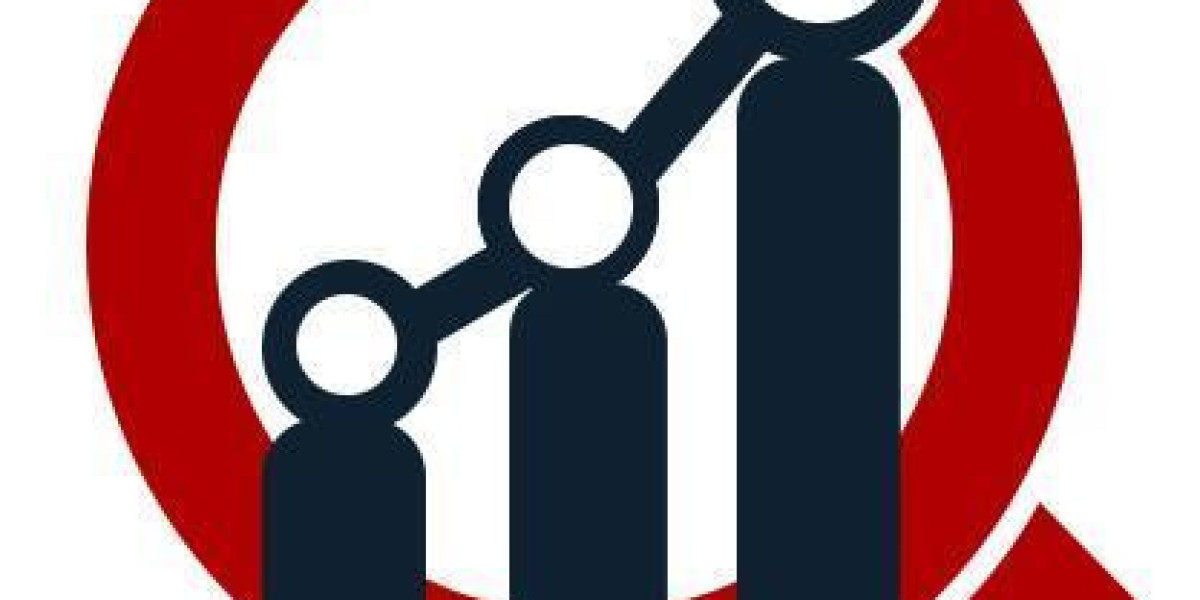Germany Lithium Iron Phosphate Batteries Market
The Germany lithium iron phosphate (LFP) batteries market is rapidly expanding, fueled by the country's strong commitment to green energy and technological innovation. Germany's leadership in the automotive and renewable energy sectors has positioned it at the forefront of the LFP battery market, which is characterized by its safety, long cycle life, and environmental benefits.
One of the primary drivers of the LFP battery market in Germany is the country's ambitious targets for electric vehicle (EV) adoption. Germany is home to some of the world's largest automotive manufacturers, including Volkswagen, BMW, and Daimler, which are increasingly integrating LFP batteries into their EV models. The German government's incentives for EV purchases and investments in charging infrastructure are further boosting this trend. LFP batteries are particularly attractive for EVs due to their thermal stability, safety, and longevity, making them a preferred choice over other lithium-ion battery chemistries.
Renewable energy is another critical sector driving the demand for LFP batteries in Germany. The country is a global leader in renewable energy production, particularly wind and solar power. Efficient energy storage solutions are essential to manage the variability of renewable energy sources, and LFP batteries, with their high efficiency and long cycle life, are ideal for this purpose. They help in stabilizing the grid and ensuring a reliable energy supply, which is crucial for Germany’s energy transition strategy, known as the Energiewende.
The industrial sector in Germany also presents significant opportunities for LFP batteries. Industries require reliable and safe energy storage solutions for various applications, including backup power, telecommunications, and medical equipment. The superior safety features of LFP batteries, such as their resistance to thermal runaway and fire, make them an ideal choice for these applications. Furthermore, the long operational life of LFP batteries ensures cost-effectiveness over the long term, which is a critical consideration for industrial users.
Germany is also investing heavily in battery research and manufacturing capabilities. The country aims to reduce its reliance on imported batteries by developing a robust domestic battery production industry. This includes significant investments in advanced manufacturing technologies and research into next-generation battery materials and designs. The collaboration between industry, academia, and government institutions is fostering innovation and driving improvements in LFP battery performance and cost-effectiveness.
Moreover, Germany's strategic location and well-developed logistics infrastructure make it a crucial hub in the European supply chain for LFP batteries. The country’s skilled workforce and strong engineering expertise provide a competitive advantage in battery manufacturing and development. This positions Germany as a key player in the regional and global LFP battery markets.
Despite the strong growth prospects, the LFP battery market in Germany faces several challenges. The relatively high cost of LFP batteries compared to other lithium-ion batteries can be a barrier to their widespread adoption. However, ongoing advancements in manufacturing processes and material innovations are expected to drive down costs. Additionally, competition from other battery technologies, such as nickel-cobalt-manganese (NCM) and nickel-cobalt-aluminum (NCA) batteries, presents a challenge to the growth of LFP batteries. These batteries offer higher energy densities, which can be advantageous in certain applications.
The Germany lithium iron phosphate batteries market is set for robust growth, driven by the country’s leadership in the automotive and renewable energy sectors, substantial investments in research and manufacturing, and government policies supporting green energy. While challenges remain, the overall outlook is positive, with Germany poised to play a leading role in the global LFP battery market. The country's commitment to sustainability and innovation will be key drivers of this growth, ensuring that Germany remains at the cutting edge of battery technology development.
Related Reports:


